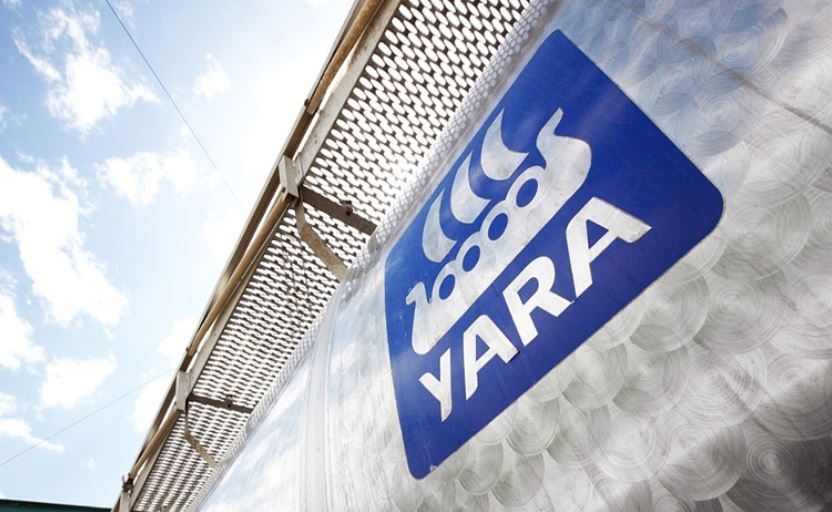
Port Authority of Singapore and Norway's Yara join ammonia-fuelled tanker initiative
The Singapore Maritime and Port Authority (MPA) and Yara International ASA, a Norwegian fertilizer company, have joined the ammonia-fuelled tanker project.
Malaysia's shipping group MISC Berhad, South Korean shipbuilder Samsung Heavy Industries (SHI), UK classification company Lloyd's Register (LR) and German engine manufacturer MAN Energy Solutions agreed in January 2020 to partner on a joint development project (JDP).
Now, the JDP partners have also launched The Castor Initiative, the name of the enlarged coalition.
The two announcements were made at a recent webinar organized by The Getting to Zero Coalition's Fuels & Technologies workstream on Ammonia as a Shipping Fuel.
As explained, Yara will work together with MISC, LR, SHI and MAN to build ammonia propulsion ships to support the decarbonisation push of the maritime industry.
Furthermore, the consortium will be able to tap into the experience of MPA as a bunkering center and flag state to gather insights into safety concerns and procedures for ammonia bunkering and gain access to Singapore research capabilities.
The inclusion of MPA and Yara means that all areas of the maritime ecosystem are now completely reflected in the alliance.
According to JDP members, each partner's experience and knowledge will be central to the success of the plan, from conception to project realisation.
This announcement follows a crucial project milestone in September 2020 when LR awarded SHI's ammonia-fuelled tanker design with approval in principle.
In order to fulfill the 2050 goals of the International Maritime Organization (IMO) to halve greenhouse gas (GHG) emissions from 2008 levels, zero-carbon vessels should be introduced to the world fleet by 2030. The JDP was motivated by the common belief of the partners that if shipping is to achieve the IMO's GHG goals, the maritime industry needs leadership and greater collaboration.
Although ammonia is one of the fuels considered by maritime stakeholders, the partners also recognize that many decarbonisation paths will have to be pursued by the shipping industry and hope that their partnership will spur others in the maritime industry to join forces to tackle this global challenge.
Maritime Business World






YORUM KAT